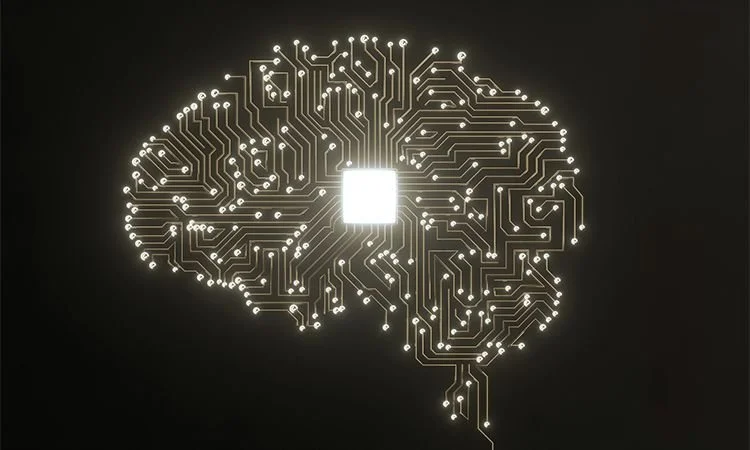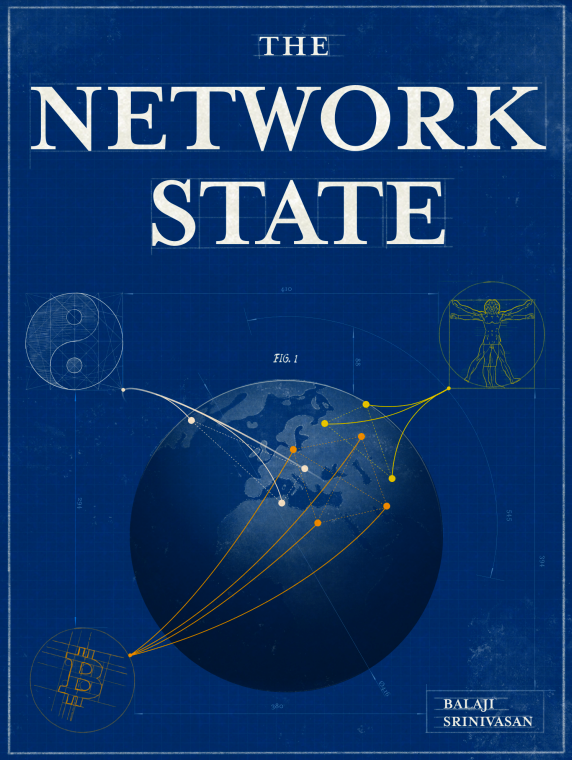A very early MM discussion featured a conversation with Nick Bostrom, Oxford philosopher, on the subject of artificial intelligence (AI) as he maintained, “Artificial Intelligence can and very possibly will take over the universe, pushing humans into second place, if they still have any place at all” (The Guardian 6/12/16).
Don’t look now but the advent of Chat GPT (an autoregressive language model that uses deep learning to produce human-like text) is now knocking on the door as it presumes its way into the world of poetry. Does it have our attention now?
The path to this point is well known and the subject of some previous MM sessions. There was, of course, the so-called Turing Test -- challenging a machine’s ability to exhibit intelligent behavior to be equivalent to, or indistinguishable from, that of a human.
Philosophers of artificial intelligence over the succeeding generations got caught up in their own underwear trying to frame such questions as what is even meant by human intelligence i.e. what is the difference between consciousness and the simulation of consciousness…
Read More


















